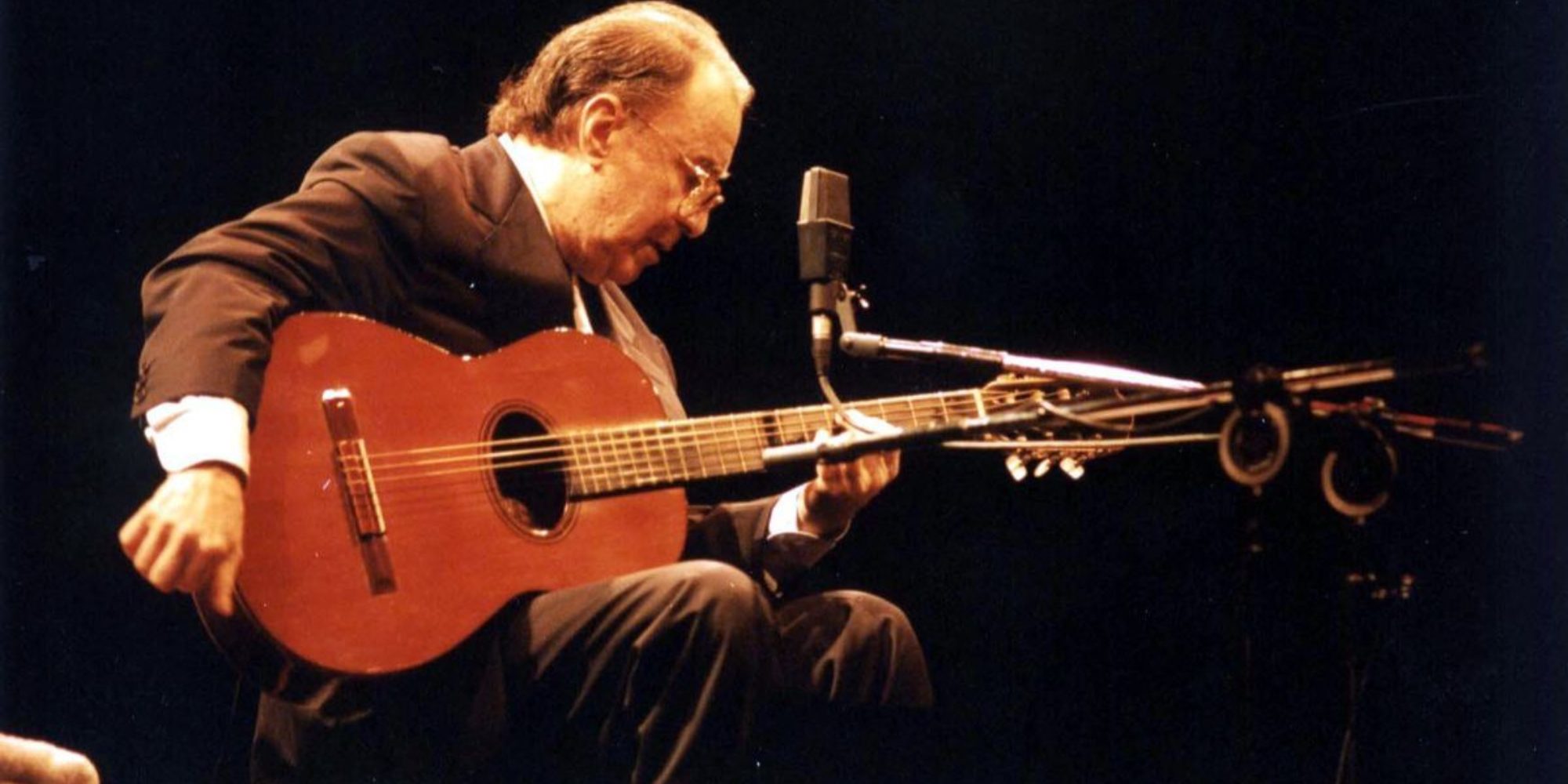It’s hard to overstate the impact of João Gilberto, the pioneering guitarist, singer and arranger behind bossa nova, who passed away over the weekend.
For a lot of Americans, bossa nova is associated with dated easy listening or lounge music, but it has deep African roots and it bridges North and South American musical traditions. It’s both harmonically and rhythmically sophisticated, and we live in its long shadow. As K.E. Goldschmitt, a music professor and ethnomusicologist at Wellesley College and author of Bossa Mundo: Brazilian Music in Transnational Industries, told me in an email:
Through his intimate approach to singing and playing the guitar, João Gilberto transformed the Afro-Brazilian roots of samba into something that could transcend racial and national barriers. At home in Brazil, his recording of "Chega de Saudade" was a major breakthrough, and it led the way for Baden Powell's Afro-sambas and Tropicália in the 1960s. Through his collaboration with Stan Getz and producer Creed Taylor on "Girl From Ipanema," he is likely the most widely heard Brazilian guitarist in the world, even if most people aren't aware that it's him.
On a personal level, studying Gilberto’s guitar work changed how I thought about the instrument. His use of rhythm as a compositional tool opened my ears to Latin American and African music in a way that nearly verges on understanding. His music is immediately approachable—guitar and voice—but in between his thumb and fingers, Gilberto wrote an entire history.
Maybe a sense of his significance can be found in the outpouring of affection found in and outside of his funeral in Rio de Janeiro this week, as covered in NME. But there are two obituaries that really stood out among the many tributes that have been popping up.
The New York Times’s obituary has the most thorough biography of Gilberto, tracing his life from Bahia to New Jersey to his final, publicly withdrawn, final years in Rio de Janeiro.
On NPR, Tom Moon delivered a huge feature that does a great job breaking down what made Gilberto’s arrangements and guitar playing such a dramatic aesthetic departure from its source material.
Both pieces have quotes from the generation that followed Gilberto, the Tropicalista pioneers who would continue the great Brazilian songbook: Caetano Veloso, Gal Costa and Gilberto Gil. They all agree: João Gilberto changed everything. He certainly changed me.
Related Audio Programs










